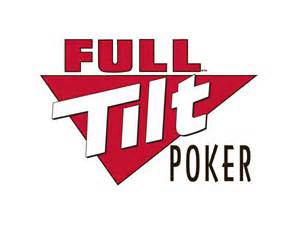Casino Boss: It’s About ‘Bricks And Clicks’

Online gaming doesn’t cannibalize brick-and-mortar play, a casino executive said this week at the 2014 iGaming North America conference in Las Vegas.
“We’re certainly not trying to destroy brick-and-mortar casinos,” Tobin Prior, the CEO of Ultimate Gaming, told a crowd of around 200, the Las Vegas-Review Journal reported. “That would be insane…From the outset, we always saw our business model as bricks and clicks.”
Ultimate Gaming is an offshoot of Station Casinos.
As the debate over online gaming in the United States intensifies, thanks to a pledge by billionaire casino boss Sheldon Adelson to fight the spread of web games, the subtopic of whether visitation to the physical casinos could suffer will resurface again and again.
The vast majority seem to agree that the Internet gambling and brick-and-mortar gambling can compliment each other, thanks to promotions and how, for instance with poker, the online space offers a customer a chance to play for lower stakes than what are available in an actual casino. Those are just two simple examples of the possible synergy.
The poker boom, after all, was felt by both online and live card rooms.
The opposing camp, most notably Adelson’s Las Vegas Sands, is entrenched with its argument that if people can play from home they won’t be as inclined to come to a casino, which has many other ways of depleting customer wallets, such as restaurants and retail.
The kind of online gaming currently being implemented in three U.S. states is still in its infancy, so it’s not really possible just yet to put an end to the somewhat pernicious and obfuscatory debate among elite interests in the casino industry. Maybe one day.
The name of the game is, of course, growth, but some just have different business models. Obviously, online gambling in Nevada and New Jersey would not have been authorized if the casino industry at large didn’t think it was positive for the bottom line.
The year 2012 saw U.S. commercial casinos win $37.34 billion from gamblers, which was the highest mark since 2007’s record of $37.5 billion. Results from 2013 aren’t yet available.
Other states, such as California and Pennsylvania, are looking at potentially legalizing online poker this year. There’s currently a bill in Congress that calls for legalizing of online poker nationwide, while legislation pushing for an outright ban of online gaming is expected to be introduced soon. Nearly three years out from the infamous Black Friday, times are still strange for online poker players and advocates in the United States.










